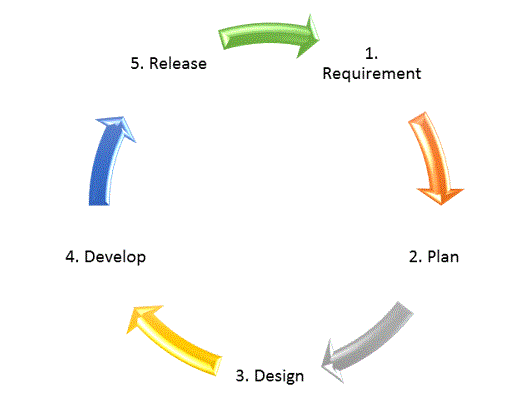Lincoln is a cathedral city and the county town of Lincolnshire, within the East Midlands of England. The non-metropolitan district of Lincoln has a total population of 94,600 in 2012. The 2011 census gave the entire urban area of Lincoln a population of 130,200. Lincoln had developed from an old Roman town of Lindum Colonia, which established from an Iron Age settlement. Lincoln's famous landmarks are Lincoln Cathedral, a well-known specimen of English Gothic architecture, and Lincoln Castle which is an 11th-century Norman castle.
Early History
The roots of Lincoln can be traced back to the remains of an Iron Age settlement of round wooden dwellings (It was discovered by archaeologists in 1972) that have been dated to the 1st century BC.
Economy
Lincoln's economy is based mainly on commerce, public administration, farming and tourism, with industrial residues like Ruston. Many Lincoln's industrial giants have long ceased production in the city, leaving the large empty industrial warehouse.
Tourism
The city is a tourist centre and those who do so to visit the numerous historic buildings including the castle, the Cathedral and the Medieval Bishop's Palace.
The Collection of which the Usher Gallery is now a famous attraction. Housed partly in a recently opened, purpose-built venue, it presently contains more than 2,000,000 objects, and was one of the four finalists for the 2006 Gulbenkian Prize.
Media
The local newspaper is the Lincolnshire Echo, which was founded in 1894. Local radio stations are BBC Lincolnshire on 94.9FM, its commercial rival Lincs FM on 102.2FM and Lincoln City Radio on 103.6FM a community radio station catering primarily for people aged over 50 years.
Sport
Lincoln has a professional football team, Lincoln City F.C. nicknamed 'The Imps', which plays at the Sincial Bank Stadium on the southern edge of the city. The collapse of ITV Digital, which owed Lincoln City FC more than £100,000, in 2002 saw the team faced with bankruptcy, but it was saved after a massive fund-raising venture by the fans that returned ownership of the club to them where it has remained since.

 ENQUIRE
ENQUIRE
 REQUEST CALLBACK
REQUEST CALLBACK
 GET A FREE QUOTE
GET A FREE QUOTE


 Introduction
Introduction Course Details
Course Details Course Content
Course Content



 London
London